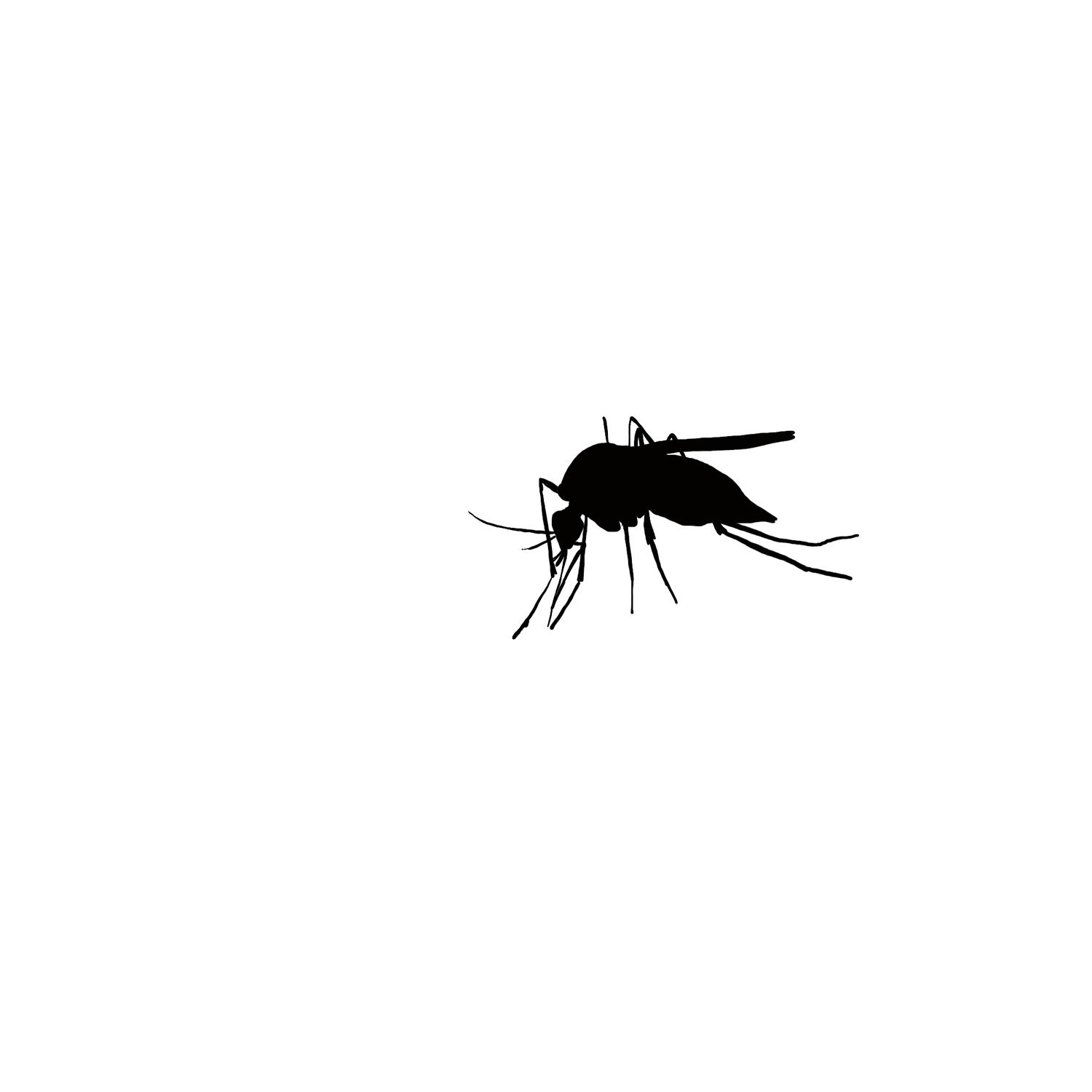
[ad_1]
12:30 am
The West Nile Virus is one of the most prevalent diseases in the United States — and this season, it has arrived in Pittsburgh.
When the Allegheny County Health Department reported its sixth case of the virus this October, Pittsburghers were understandably concerned.
Although the six patients are now in recovery, Dr. John Viehman, an attending physician in Infectious Diseases at UPMC Presbyterian and UPMC Magee, said a small percent of West Nile Virus cases can be deadly. And naturally, an outbreak can increase the prevalence of these extreme cases.
“The biggest concern is that they will develop neurologic symptoms. Other patients will recover well with time,” Viehman, who is also a clinical assistant professor of medicine at Pitt, said. “If we see an increase in infections, we will likely see an increase in the severe neurologic infections — again, less than 1 in 100 infections — that can be debilitating for those who get them.”
The West Nile Virus, transmitted by bites from the Culex species of mosquitoes, came to the United States in September 1999 when a large number of birds died in New York.
Dr. Paolo Piazza, a research assistant professor at the Pitt Graduate School of Public Health who conducted research on the antigens involved with the West Nile Virus, said the virus’ prosperity largely depends on the organisms it infects.
“Humans and horses are dead-end hosts as they are called because the virus that is transmitted to humans or horses will cause an infection, will cause a disease, but it will not be sufficient to allow for further transmission again,” Piazza said. “[Further transmission] happens very, very efficiently in birds and the number of bird species that are getting infected with West Nile Virus is quite large.”
Piazza also said most infected patients are either asymptomatic, showing no sign of disease, or in a few cases mildly symptomatic, with joint aches or a slight fever. According to Viehman, a small percentage of patients who develop neurological conditions can suffer from severe complications like confusion, headaches and other symptoms similar to Parkinson’s Disease or polio.
Though most patients with West Nile Virus do not require treatment, Viehman said patients who are suffering from fever-like symptoms can take Tylenol or Advil and rest for a few days. But worse cases of infection have less effective treatment options.
“For the people who develop the neurological complications, we do not have any great specific therapies,” Viehman said. “The best candidates have been an antiviral medication called Ribavirin and pooled antibodies called IVIG. Neither has shown to help in larger studies.”
Despite the prevalence of the virus in the United States, researchers haven’t yet synthesized a preventative vaccine. Piazza said although there is a West Nile Virus vaccine available for horses, the financial and social reasons are hindering the production of a vaccine for humans.
“So it’s not that the vaccine is difficult to make. It is that it is economically impractical to make,” Piazza said. “There is not enough people who might be willing to take the vaccine and … there is a backlash nowadays against vaccines.”
When Allegheny County hospitals receive patients with highly infectious diseases, they must notify the Allegheny County Health Department to prevent an epidemic. And with the hospitals receiving six infected patients, the Allegheny County Health Department had to work to prevent further outbreak of the disease by notifying the public and targeting infected mosquito populations.
Leah Lamonte, a vector control specialist at the department whose job is to control insect-borne diseases, said she spent a majority of the summer trapping and collecting mosquitoes to test if they are infected with the virus.
“We then get the report back within a few days and then we know if an area is positive or not and so we watch those levels all summer,” said Lamonte. “And then that’s how we make decisions based on where we need to go, maybe take the truck out to do some spraying.”
Urban and suburban environments, especially like Pittsburgh during the summer, are conducive to mosquito reproduction and can increase the chance of disease transmission. The catch-basin drains found at intersections are full of stagnant water, a breeding ground for mosquito-borne illnesses.
“There’s no predators down there,” Lamonte said. “They’re nice and protected … the mosquito feels comfortable laying her eggs there.”
Even a shot-glass worth of water can be enough to allow a mosquito to go through its entire life cycle.
“[The public] has to work with us so that they don’t have mosquitoes breeding in their backyard. So my message is always dump [stagnant water] if you can. And if you can’t, treat it,” Lamonte said.
Lamonte said a lack of cooperation from the community could be an obstacle in fighting diseases like the West Nile Virus and that collaboration with the community can facilitate the reduction of mosquito breeding grounds.
“Fighting a disease like this requires cooperation of the public,” Lamonte said. “If they don’t cooperate with us in regards to getting rid of stagnant water on their property, there’s only so much we can do.”
[ad_2]
Source link